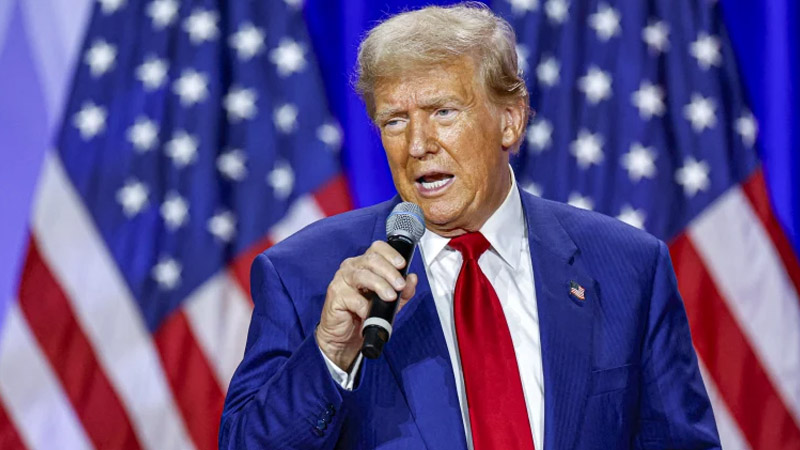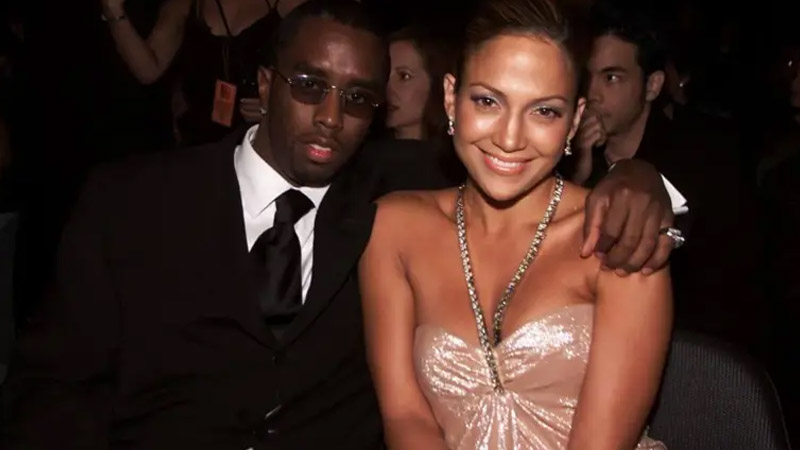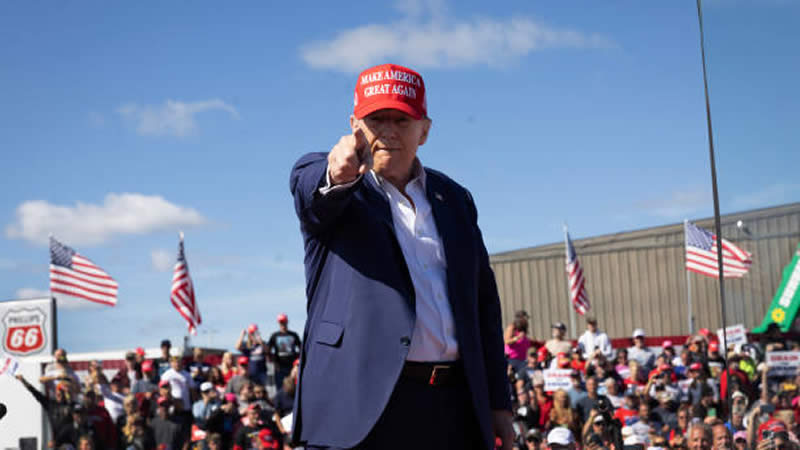“Trump Team Seeks to Cancel Sentencing, Citing Presidential Immunity”: Legal Twist in Hush Money Case

(Credit: Getty Images Joe Raedle)
President-elect Donald Trump is taking an unexpected approach in his New York hush-money case, with his legal team planning to argue for a complete cancellation of his sentencing rather than the typical strategy of delaying proceedings. CNN’s chief legal affairs correspondent, Paula Reid, broke the news to anchor Erin Burnett, describing Trump’s unusual tactic to halt the case entirely by asserting presidential immunity.
“This time they’re going to argue to the judge that as president-elect, Trump is entitled to the same protections as a sitting president and should be protected from any state prosecutors,” Reid explained. “Any action in a state-level proceeding.” The legal argument, which seeks to shield Trump from state-level legal action on the grounds of his presidential status, marks a significant shift in his defense strategy.
Manhattan Judge Juan Merchan, overseeing the case, has set a Nov. 12 deadline to decide whether to dismiss the conviction following a recent Supreme Court ruling on presidential immunity. Should he agree with Trump’s team, the sentencing would effectively be nullified, according to Reid. “But the Trump team again, they’re not just trying to delay this; they’re trying to get this canceled,” Reid emphasized to Burnett, who expressed surprise, calling it “a huge development.”
This legal maneuver arises as special counsel Jack Smith continues his investigations into Trump’s alleged election interference, which has prompted threats of retribution from Trump. Trump’s legal woes include four separate indictments and 34 felony convictions, adding up to hundreds of millions of dollars in penalties. Despite these, Trump secured a second term, leaving the legal community grappling with the implications of a president-elect facing active criminal cases, as per report Raw Story.

Former federal prosecutor Elie Honig provided additional insight, telling Burnett that the outcome of Trump’s request to cancel sentencing could “go either way.” Reflecting on the unprecedented nature of the situation, Honig noted, “This is another example of a situation we have never encountered in American history.” He explained that Judge Merchan may consider the broader impact of sentencing a president-elect, potentially questioning the feasibility of imposing a sentence on someone poised to spend the next four years in office.
Honig speculated that Judge Merchan might feel inclined to avoid the complexities that could arise from sentencing Trump, musing that Merchan could see the “practicalities” as reason enough to steer clear of an uncertain legal and political landscape. “He’s going to spend the next four years as president—why bother even getting into this mess?” Honig suggested a possible thought process for Merchan.
Trump’s sentencing stems from a conviction for falsifying business records related to his hush money payment to adult film actress Stormy Daniels, aimed at concealing the payment during his first presidential campaign. Although the case has already yielded felony convictions, Trump’s legal team is now leaning on his status as president-elect to argue that his new role affords him protection from state-level legal repercussions.
This bold move by Trump’s team introduces an unprecedented argument about presidential immunity, raising questions about how the judicial system will navigate a president-elect actively under legal scrutiny. With Merchan’s deadline for a decision approaching, the outcome could redefine the boundaries of legal accountability for sitting and future presidents, making this case one to watch in the weeks ahead.


